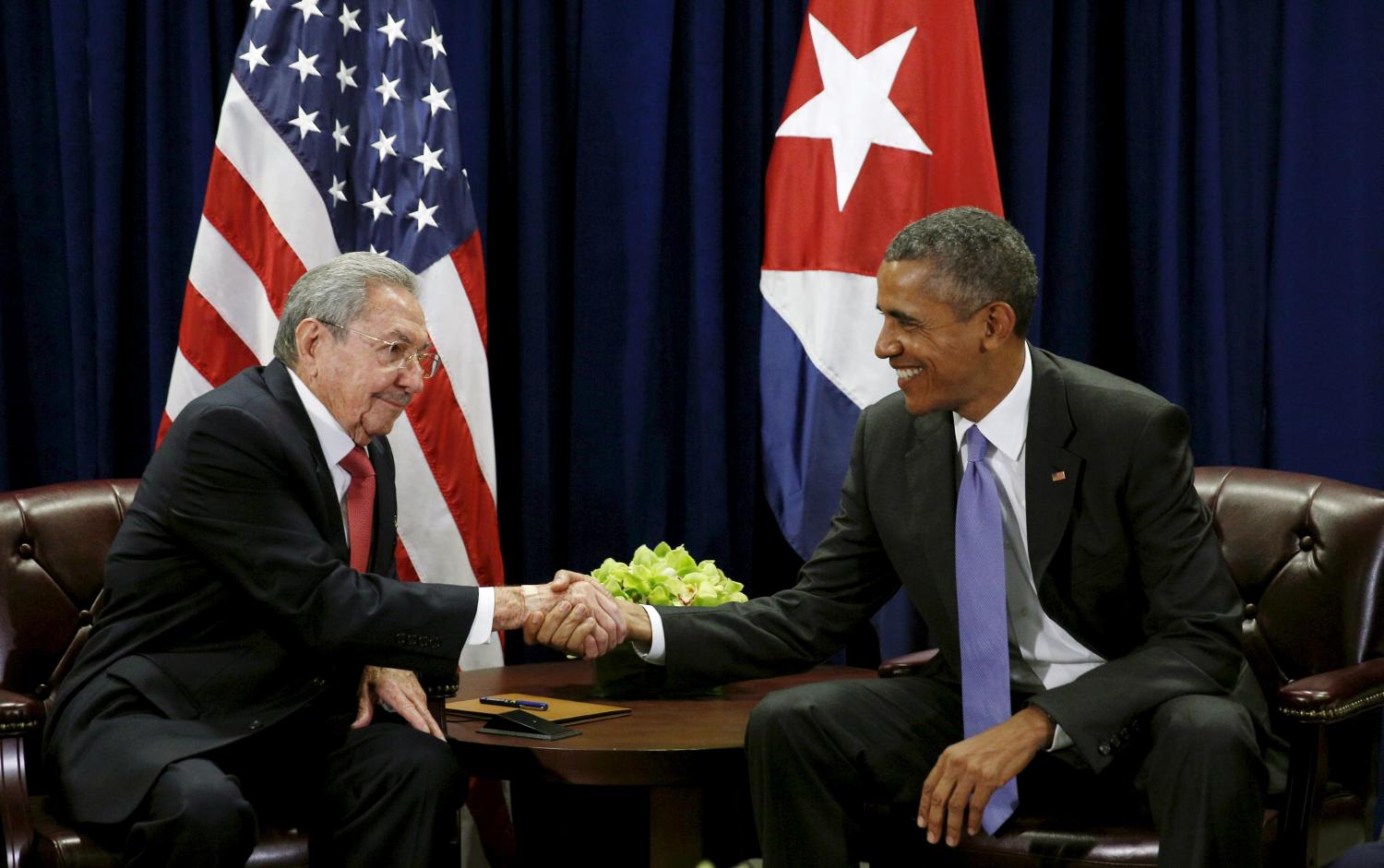As the United States and Cuba rebuild formal relations, certain challenging topics remain to be addressed. Among these are outstanding U.S. property claims in Cuba. In this report, Richard E. Feinberg argues that it is in both countries’ interests to tackle this thorny issue expeditiously, and that the trauma of property seizures in the twentieth century could be transformed into an economic opportunity now.
The report looks closely at the nearly 6,000 certified U.S. claims, disaggregating them by corporate and individual, large and small. To settle the U.S. claims, Feinberg suggests a hybrid formula, whereby smaller claimants receive financial compensation while larger corporate claimants can select an “opt-out” option whereby they pursue their claims directly with Cuban authorities, perhaps facilitated by an umbrella bilateral claims resolution committee. In this scenario, the larger corporate claimants (which account for nearly $1.7 billion of the $1.9 billion in total U.S. claims, excluding interest) could select from a menu of business development rights, including vouchers applicable to tax liabilities or equity investments, and preferred acquisition rights. Participating U.S. firms could also agree to inject additional capital and modern technology, to ensure benefits to the Cuban economy.
Though it is often argued that Cuba is too poor to pay some $2 billion of claims, the paper finds that Cuba can in fact manage payments if they are stretched out over a reasonable period of time and exclude interest. The paper also suggests a number of mechanisms whereby the Cuban government could secure funds to pay compensation, including revenues on normalization-related activities.
The Cuban government does not dispute the principle of compensation for properties nationalized in the public interest; the two governments agree on this. Cuba also asserts a set of counter-claim that allege damages from the embargo and other punitive actions against it. But a grand bargain with claims settlement as the centerpiece would require important changes in U.S. sanctions laws and regulations that restrict U.S. investments in Cuba. The United States could also offer to work with Cuba and other creditors to renegotiate Cuba’s outstanding official and commercial debts, taking into account Cuba’s capacity to pay, and allow Cuba to enter the international financial institutions.
Feinberg ultimately argues that both nations should make claims resolution the centerpiece of a grand bargain that would advance the resolution of a number of other remaining points of tension between the two nations. This paves the way for Cuba to embrace an ambitious-forward-looking development strategy and for real, notable progress in normalizing relations with the United States.
The Brookings Institution is committed to quality, independence, and impact.
We are supported by a diverse array of funders. In line with our values and policies, each Brookings publication represents the sole views of its author(s).




